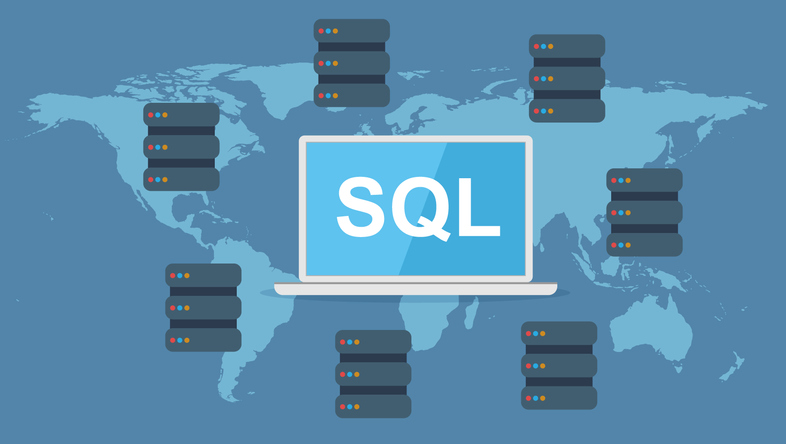4 min read
Mastering Data Science: Is Pursuing a Master's Degree Worth It?
Is it worth Getting a Masters in Data Science? The Relevance in the USAIn today's data-driven world, the field of data science has emerged as one of...
2 min read
![]() The Amazing Team at Skills Data Analytics
:
May 14, 2024 9:00:00 AM
The Amazing Team at Skills Data Analytics
:
May 14, 2024 9:00:00 AM
Machine Learning: A Comprehensive Overview
Introduction:
Machine learning, a subset of artificial intelligence, is revolutionizing numerous industries by enabling computers to learn from and analyze data without being explicitly programmed. This article provides a comprehensive overview of machine learning, tracing its origins, exploring its significance, examining current trends, addressing challenges and solutions, projecting its future prospects, and providing resources for further exploration.
Definition and Brief History:
Machine learning refers to the ability of machines to learn from data patterns and make decisions or predictions. It involves the development of algorithms that enable computers to recognize patterns, extract valuable insights, and improve performance over time. The concept of machine learning dates back to the 1940s and 1950s, with early applications in areas such as pattern recognition and game-playing.
Importance and Current Trends:
Machine learning has gained immense importance due to its ability to analyze vast amounts of data and make predictions with unprecedented accuracy. It empowers organizations to extract valuable insights, automate processes, enhance decision-making, and optimize operations. Current trends in machine learning include the rise of deep learning, which enables the analysis of complex data sets, and the increasing focus on interpretability and fairness to ensure ethical and unbiased decision-making.
Challenges and Solutions:
While machine learning offers numerous benefits, it also presents challenges. One of the primary challenges is the lack of quality and labeled training data, which hampers the training and performance of machine learning models. Additionally, black box models can be difficult to interpret, leading to concerns about trust and fairness. However, researchers and practitioners are actively working on solutions, such as generating synthetic data, utilizing transfer learning, and developing interpretable algorithms to address these issues.
Statistics Report:
According to a report by Grand View Research, the global machine learning market size is expected to reach USD 96.7 billion by 2027, growing at a CAGR of 43.8%. The report highlights the increasing adoption of machine learning across various industries, including healthcare, finance, retail, and transportation.
Future Prospects:
The future of machine learning appears promising, with numerous opportunities for growth and innovation. As technology continues to evolve, machine learning applications are expected to expand into areas such as autonomous vehicles, personalized medicine, fraud detection, and smart cities. The development of explainable AI and federated learning, which allows data to be processed locally without compromising privacy, are also promising advancements.
Visit- https://skills-datanalytics.com/
To further explore machine learning and acquire relevant skills, the Data Analytics website is an excellent resource. This platform offers comprehensive courses, tutorials, and resources for beginners and professionals alike. It provides a learning path that covers the fundamentals of machine learning, statistical analysis, data preprocessing, and model evaluation.
Frequently Asked Questions (FAQs):
1. What is the difference between machine learning and artificial intelligence?
- Machine learning is a subset of artificial intelligence that focuses on algorithms and models that enable computers to learn from data and make predictions.
2. How does machine learning work?
- Machine learning algorithms learn by iteratively analyzing data, identifying patterns, and updating their model parameters to improve performance.
3. Can machine learning replace human decision-making?
- Machine learning augments human decision-making by providing data-driven insights and automating repetitive tasks, but it does not replace human judgment entirely.
4. What are some common applications of machine learning?
- Machine learning is used in various applications, including recommendation systems, fraud detection, natural language processing, image recognition, and autonomous vehicles.
5. Is machine learning only applicable to large organizations?
- No, machine learning has become more accessible in recent years, and businesses of all sizes can benefit from its applications by leveraging cloud-based platforms and open-source tools.
In conclusion, machine learning is transforming industries and revolutionizing the way we analyze data and make decisions. Its importance, current trends, challenges, and solutions have been explored, along with future prospects. To delve deeper into the field and acquire relevant skills, the Data Analytics website is an invaluable resource.

4 min read
Is it worth Getting a Masters in Data Science? The Relevance in the USAIn today's data-driven world, the field of data science has emerged as one of...

2 min read
In the realm of database management, ensuring the integrity and efficiency of your data is paramount. One essential aspect of database maintenance is...

4 min read
Navigating the world of databases can feel like learning a new language, but the power you harness after mastering it is immense. Imagine being able...